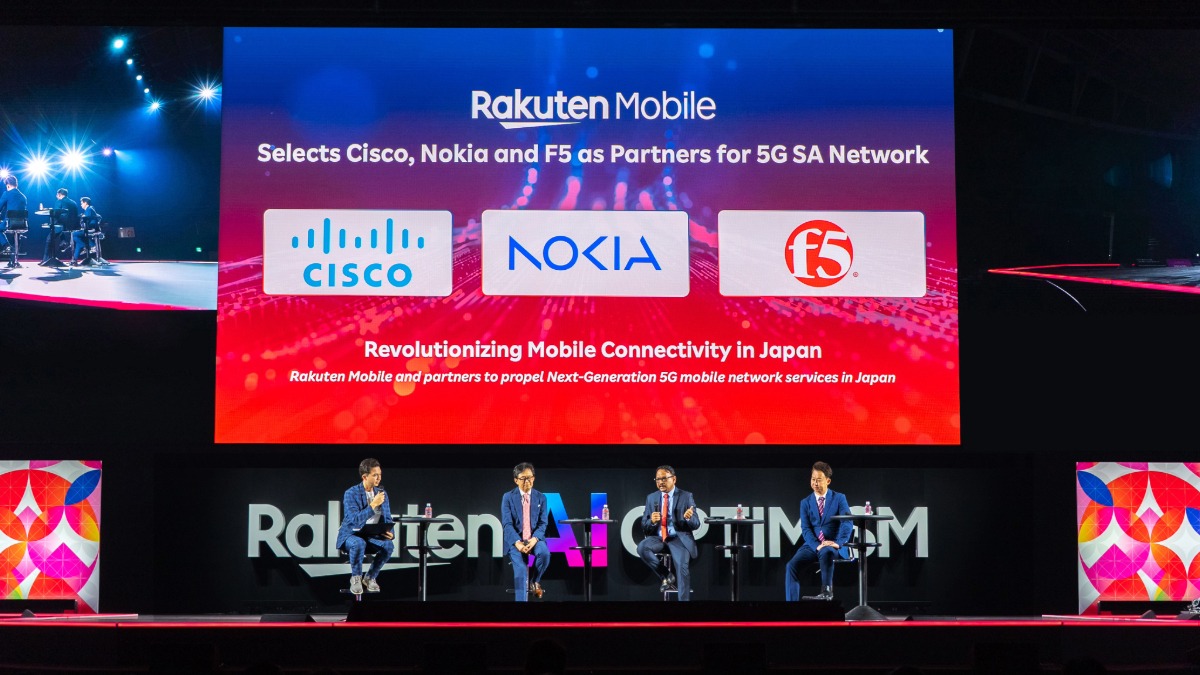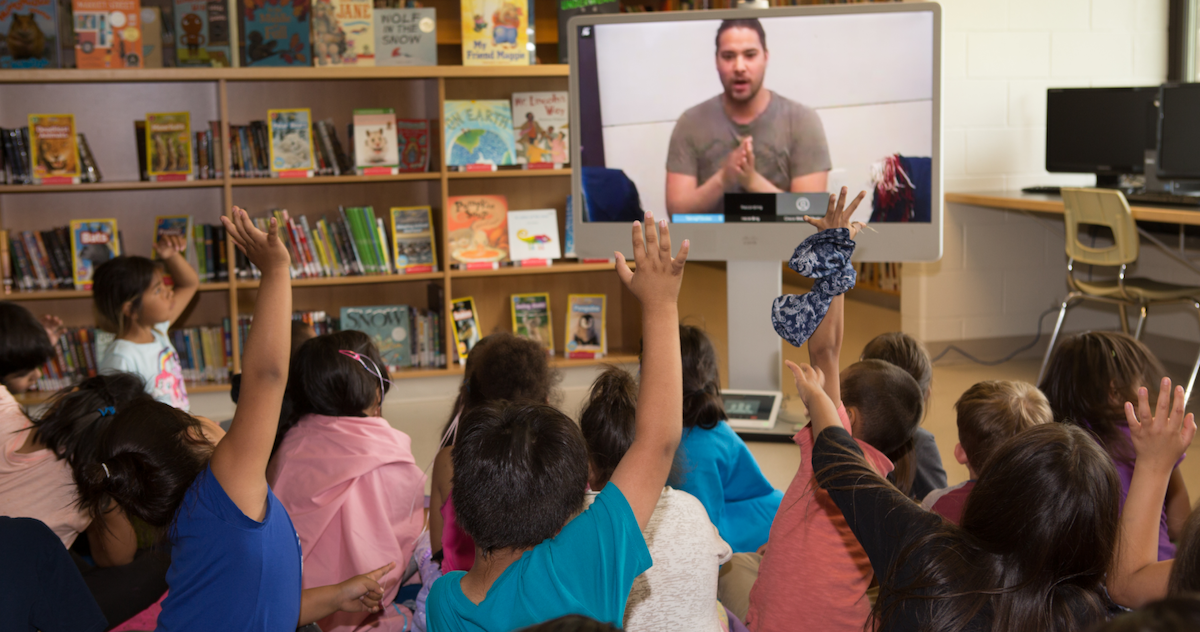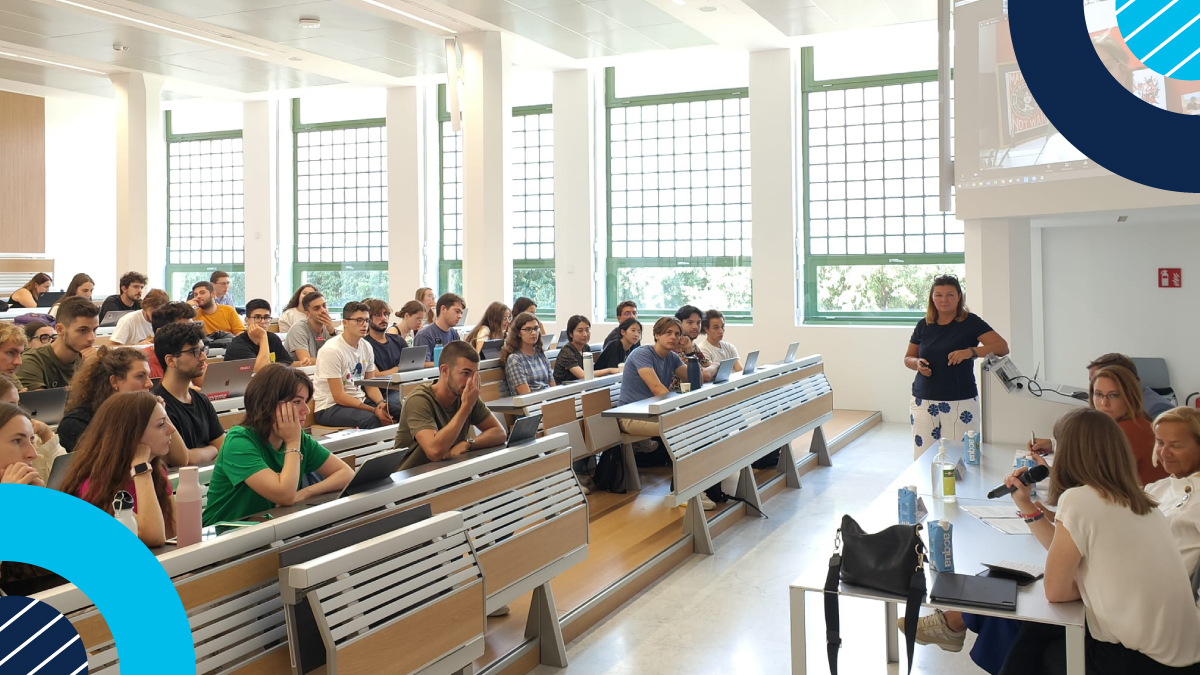SAN JOSE, Calif., October 28, 2008 - Cisco announced today that Hofstra University in Hempstead, New York, deployed a Cisco Unified wireless network for the more than 3,000 members of the media community who covered the third and final presidential debate of the general election season between Barack Obama and John McCain on October 15, 2008.
Hofstra University transformed the David S. Mack Sports and Exhibition Complex into a debate hall, and its Physical Fitness Center into a media center for journalists and bloggers from around the world. The Cisco Unified Wireless Network provided a high-availability network that enabled users to collaborate throughout the debate on social network sites, blogs and microblogging sites like Twitter, as well as broadcast pre-recorded messages and videos on YouTube. The John McCain and Barack Obama presidential campaigns also used the Cisco Unified Wireless Network for real-time collaborative efforts.
"Cisco played a critical role in helping Hofstra prepare for an event of this caliber," said Robert Juckiewicz, Hofstra University's vice president of information technology. "Leading up to the event, the global attention this debate had received required that we deploy a robust unified wired and wireless network, providing the flexibility for many types of users and collaborative applications. With the 2008 presidential election now less than a week away, Hofstra University is proud to have been the site of the October 15 presidential debate in an effort to discuss the issues important to voters."
BlueWater Communications Group worked with Hofstra University and Cisco to design and build a specialized network platform for the debate, consisting of wired switches and routers, wireless controllers and access points, as well as security solutions for secure Internet connectivity.
"In the past few years, wireless communications and mobility coupled with the mass adoption of collaborative Internet applications and social networking sites, have enabled a fundamental change in the political process," said Maciej Kranz, vice president of marketing, Wireless Networking Business Unit, Cisco. "In the past, voters may have waited until the following day to find debate coverage and analysis. Today, information is shared freely, rapidly and globally, affecting candidates and campaigns instantly. Campaigns can capture voter feedback in real time to better address concerns and sharpen message delivery. This is true collaboration enabled by mobility."
In addition to hosting the final debate of the 2008 presidential election, Hofstra University earlier this year launched Educate '08: Dialogue, Democracy and the '08 Debate, an educational effort engaging students, faculty and the public in a yearlong series of conferences, events and lectures about the 2008 election, politics and presidential history.
Find More Information Online: Cisco Mobility | Cisco Wireless | Cisco Security
Technorati Tags: Cisco, Hofstra University, 2008 presidential debate, John McCain, Barack Obama, higher education, wireless, WLAN, mobility, 802.11n, BlueWater





